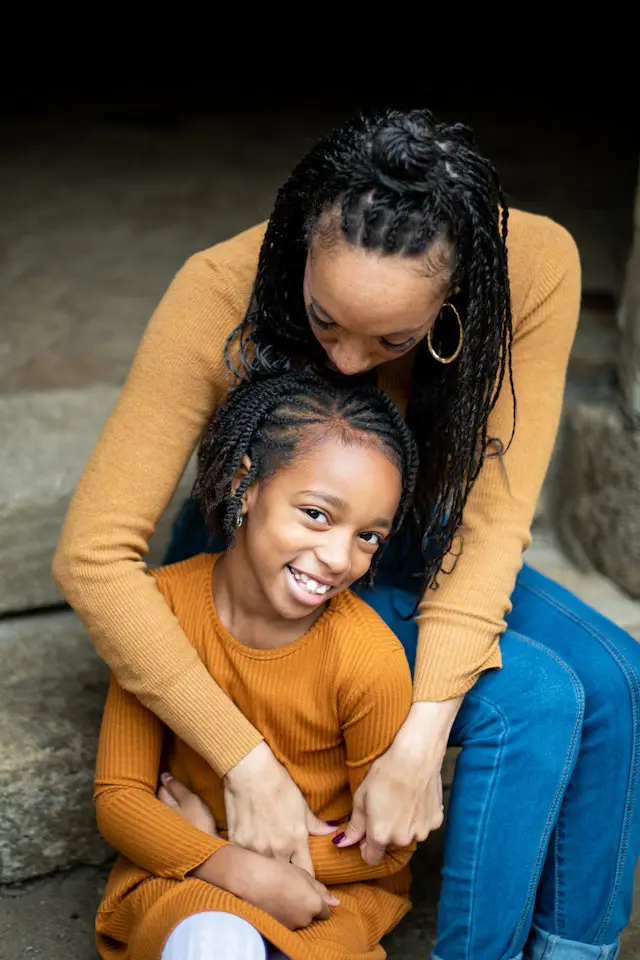The Profile of Adult Learners
Adult learners are typically students 25 years of age or older who are first-time or returning students. They have spent time away from school or are at a place in life where completing a program can be challenging.
Adult learners:
- Are often motivated learners derailed by external factors
- May not have been prompted to attend college following high school
- May have faced challenges in colleges before
- Often have serious family and caretaking responsibilities
- May be first-generation students
- May fall into the ALICE population
- May be veterans or returning from service work
- May be a recent immigrant or refugee
- May have been recently released from prison or jail
Adult learners report attending or returning to school:
- For financial stability
- Because of prompting from loved ones
- To set an example for their children or other loved ones
- To break cycles of poverty or low educational attainment
- To progress in life
- To improve their chances at landing a quality high-paying job
 Adult learners face dispositional, situational and institutional barriers that include:
Adult learners face dispositional, situational and institutional barriers that include:
- Balancing the time-cost benefit of higher education
- Balancing caretaking and financial responsibility
- Relying solely on themselves for income and financial support
- Finding programs and colleges that are good fits for their needs and situations
- Experiencing anxiety about attending or returning to school
- Experiencing low academic self-esteem
- Believing they are "too old" to enroll in school or alter their lives
- Learning the ins and outs of their community colleges
- Lacking literacy and fluency skills
- Finding transportation
- Finding safe and affordable child care while attending classes
Adult learners face unique pathways and barriers when they are a part of the following populations. We address this by including additional resources for the following groups:
ALICE
ALICE adult learners are asset-limited and income-constrained, but they are employed (ALICE). They are technically above the federal poverty line (FPL) and make too much to qualify for public assistance, but they earn too little to meet essential needs. A growing number of Illinois households fall into the ALICE population. ALICE status raises additional challenges for adult learners. Many are their own source of income and enter college to improve their earnings and job prospects. However, students with financial challenges are less likely to remain enrolled or complete their degree or certificate programs, and they take longer to complete them when they do. Download the ALICE in the Crosscurrents page for more information.
Student Parents and Caretakers
Adult learners who are parents and caretakers often struggle to balance academics, work and their duties to family and loved ones. Nearly 41,487, or 10%, of all Illinois community college students were student parents in 2023. Hispanic/Latino (33%), white (33%) and African American (25%) are the highest among them, according to ICCB. Learn more via the article "Creating Opportunities: The Role of Community Colleges in Empowering Student Parents."
Veterans
Veterans enroll and return to school to use the benefits they gain in service. Experts argue that veterans can address labor shortages in the civilian world such as army medics retraining for civilian health care. But veterans also face barriers in community colleges related to credential completion timelines and accessing credit for prior learning (CPL). Learn more via the report "Developing Military to Civilian Accelerated/Bridge Programs in Healthcare."
Adult Learners with Criminal Justice Involvement
Some adult learners may have had their educations disrupted due to criminal justice involvement and may have gaps in their academic skills and self-esteem. These learners may not be eligible for financial aid or know how to operate digital technologies and online learning management systems. They may need assistance integrating into campus life, establishing connections with peers and navigating stigma. Learn more via the Education Justice Project.
Visit the "Resources for Adult Learners with Criminal Justice Involvement" and "Resources to Start Supportive Programming at Institutions" sections on the Illinois Resources for Adult Learners page for more information.
Adult Learners with Disabilities
Adults with disabilities face significant challenges in community colleges. Approximately 23% of students who attend community colleges have a documented disability. This group of 13 million students is one of the fastest-growing segments in higher education (AACC, 2024). These individuals face challenges related to accessibility, limited options, academic challenges and social-emotional barriers. Community colleges play a key role in serving these students. Learn more via the brief "Identity, Intersections and Students with Disabilities in Community Colleges."
Adult Learners with Literacy and Fluency Gaps
Approximately 1.8 million foreign-born people live in Illinois (Migrant Policy Institute, 2018). The state has also accepted more than 23,400 asylum seekers since 2023, and at least 24% of community college students nationwide come from a household with a history of immigration (ICCB, 2024; Community College Consortium for Immigrant Education, 2015). Although not all immigrants are English Language Learners (ELLs), these trends represent a shift toward more linguistically diverse community college classrooms. Literacy and fluency barriers hinder many adult learners and represent a greater segment of the community college population. Learn more via the blog post "Opening Training & Learning Pathways for Speakers of Other Languages."
 Success After Community College!
Success After Community College!
OCCRL's Community College Spotlight series highlights graduates and attendees of these institutions who are leaders in their field across all areas of work. The interviews amplify how community colleges are gateways for anyone during any time of their lives and at any place. For adult-learner stories, check out the spotlights on Peter Bahr, Stacey Robinson, and Chrissy Ferree.